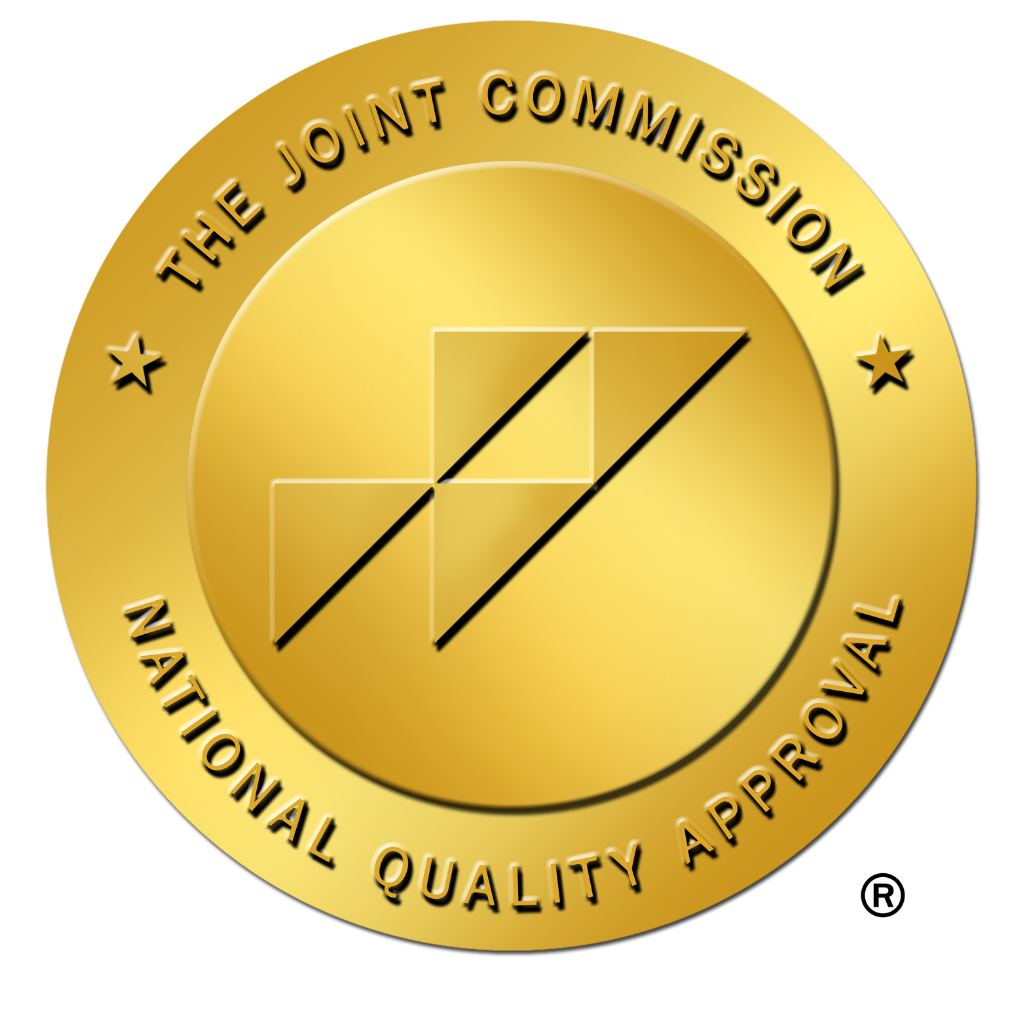Finding a New Jersey Detox or Rehab Center that Provides Comprehensive Mental Health Support

Rehab or Detox Center in New Jersey
When seeking addiction treatment, it’s essential to find a detox or rehab center in New Jersey that not only addresses substance abuse but also prioritizes mental health issues. This comprehensive approach ensures that individuals receive the necessary support for a successful recovery journey. In this article, we’ll guide you through the steps to find a New Jersey detox or rehab center that caters to mental health concerns, incorporating keywords that people frequently search for in their quest for help. Additionally, we’ll explore statistics and reputable sources to provide valuable insights along the way. If you need assistance finding a detox or rehab in New Jersey consider contacting Cherry Hill Recovery Center.
Research Detox and Rehab Centers in New Jersey: Start by researching detox and rehab centers in New Jersey that offer specialized programs for mental health issues. Utilize keywords such as “New Jersey detox centers,” “rehab for mental health issues,” or “dual diagnosis treatment in New Jersey” while conducting your search. Make a list of potential centers to explore further.
Consider Locations: New Jersey boasts several affluent towns where residents often have private insurance coverage. Consider exploring detox and rehab centers located in towns such as Short Hills, Rumson, or Princeton, which tend to attract quality healthcare facilities due to their higher-income demographics. These centers may be more likely to accept private insurance plans, making treatment more accessible to those with such coverage.
Verify Accreditation and Licensing: Once you have a list of potential detox or rehab centers, ensure they possess proper accreditation and licensing. Accreditation from organizations like The Joint Commission or the Commission on Accreditation of Rehabilitation Facilities (CARF) signifies adherence to high-quality standards. Licensing ensures compliance with state regulations. Verify this information on the centers’ websites or by contacting them directly.
Assess Dual Diagnosis Treatment: Look for detox or rehab centers that explicitly mention dual diagnosis treatment. This approach addresses both substance abuse and co-occurring mental health disorders simultaneously. Ensure there is a treating Psychiatrist. Individuals with mental health issues, such as anxiety, depression, or bipolar disorder, benefit greatly from integrated treatment. According to the Substance Abuse and Mental Health Services Administration (SAMHSA), about 8.2 million adults in the United States have co-occurring disorders (SAMHSA, 2014).
Evaluate Comprehensive Treatment Approaches: A quality detox or rehab center should offer a range of evidence-based treatment modalities. Look for centers that provide therapies such as cognitive-behavioral therapy (CBT), dialectical behavior therapy (DBT), individual counseling, group therapy, family therapy, and medication-assisted treatment (MAT) when necessary. A comprehensive approach significantly improves treatment outcomes and long-term recovery.
Seek Professional Referrals and Recommendations: Reach out to healthcare professionals, including primary care physicians, psychiatrists, or therapists, or Cherry Hill Recovery Center for referrals and recommendations. They often have valuable insights into reputable detox or rehab centers with mental health expertise. Additionally, consider joining local support groups or online communities where individuals with similar experiences can share their recommendations.
Finding a New Jersey detox or rehab center that addresses both addiction and mental health issues is crucial for comprehensive treatment. By researching and considering centers located in wealthy populated towns, verifying accreditation, assessing dual diagnosis treatment, evaluating comprehensive approaches, and seeking professional referrals, you can enhance your chances of finding a center that meets your needs. Remember, addressing mental health concerns alongside addiction greatly improves the chances of a successful recovery journey.
Sources:
- Substance Abuse and Mental Health Services Administration (SAMHSA). (2014). Behavioral health trends in the United States: Results from the 2014 National Survey on Drug Use and Health. Retrieved from https://www.samhsa.gov/data/sites/default/files/NSDUH-FRR1-2014/NSDUH-FRR1-2014.pdf
Note: This blog post provides general information and suggestions. It’s important to conduct thorough research and consult with healthcare professionals to determine the best course of action for your specific needs.

